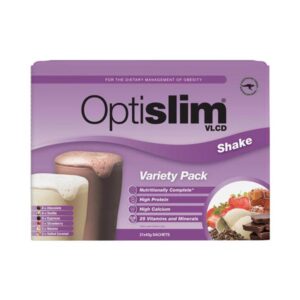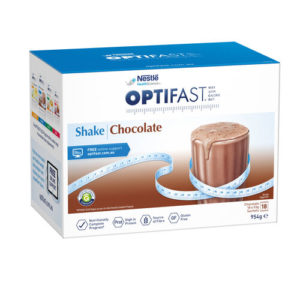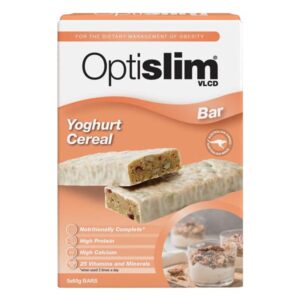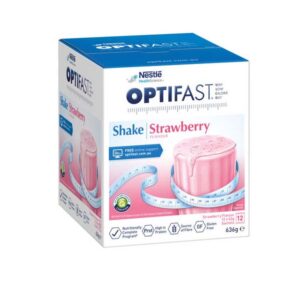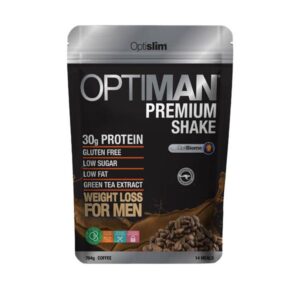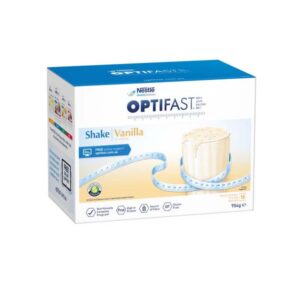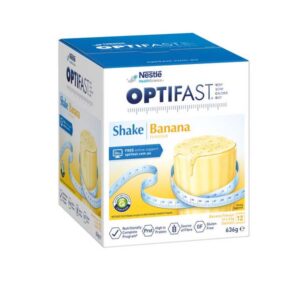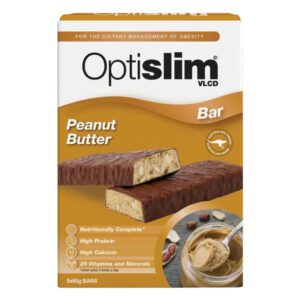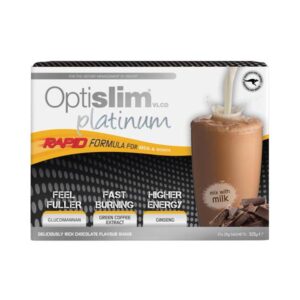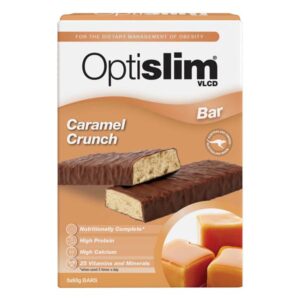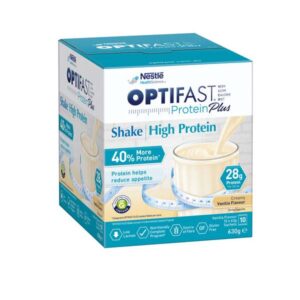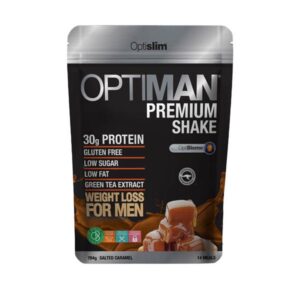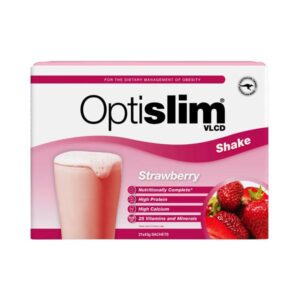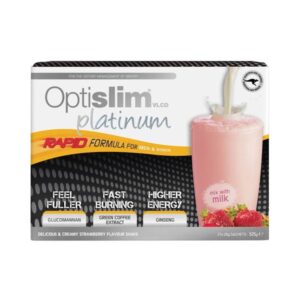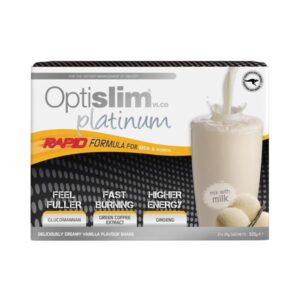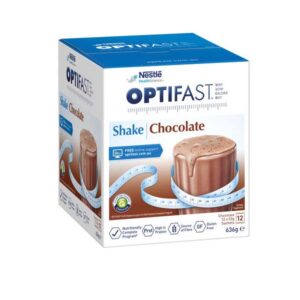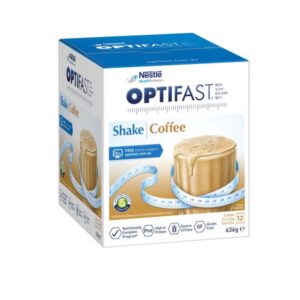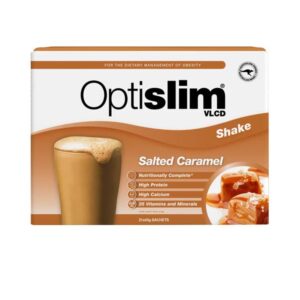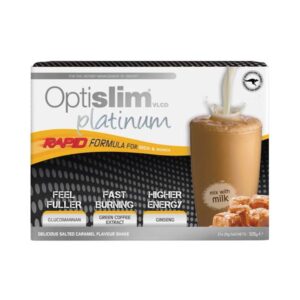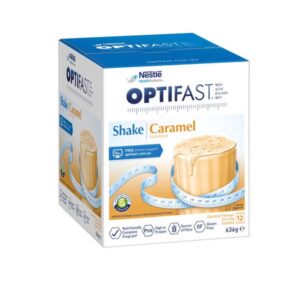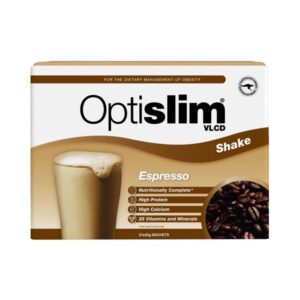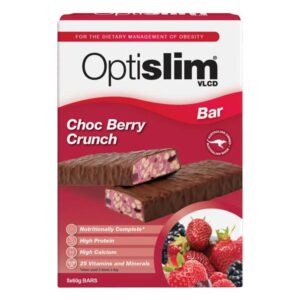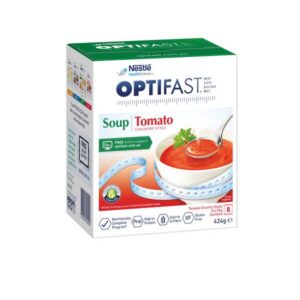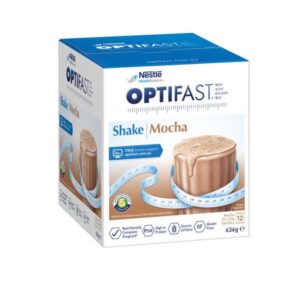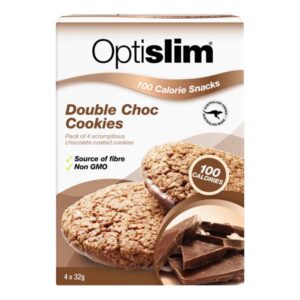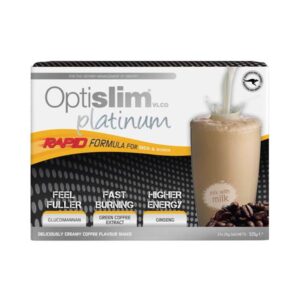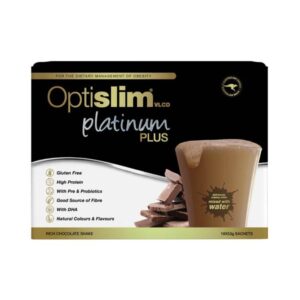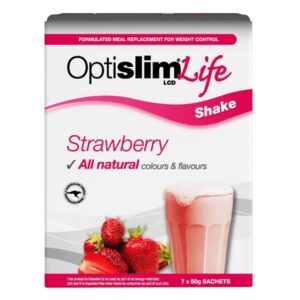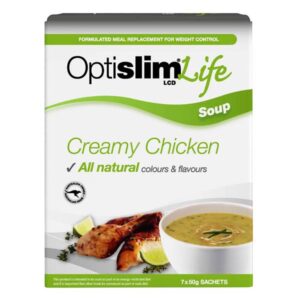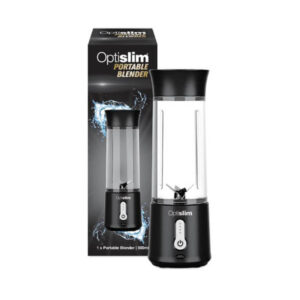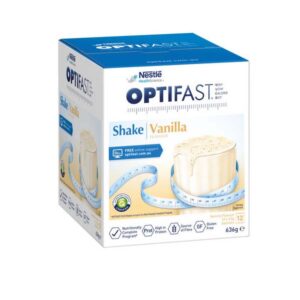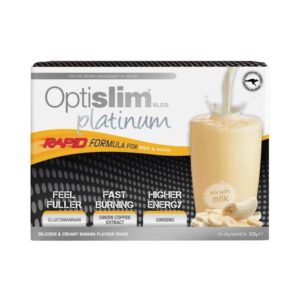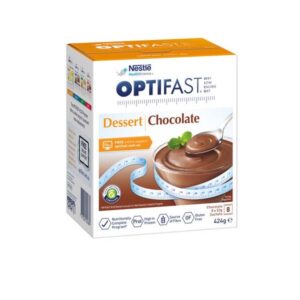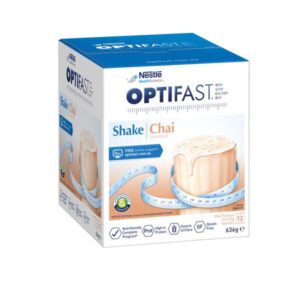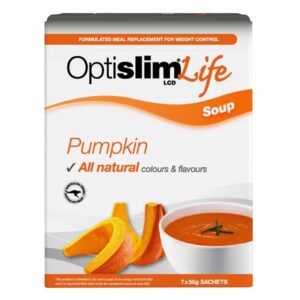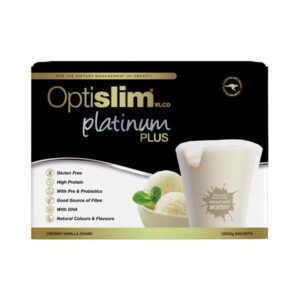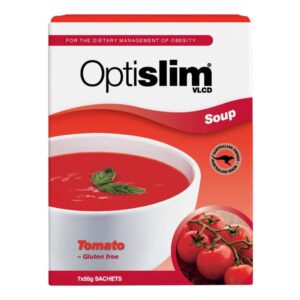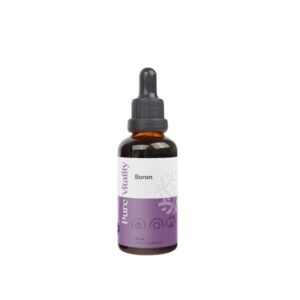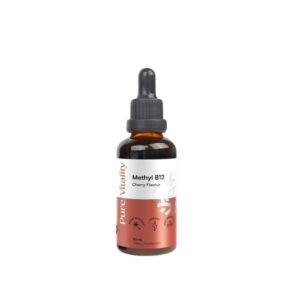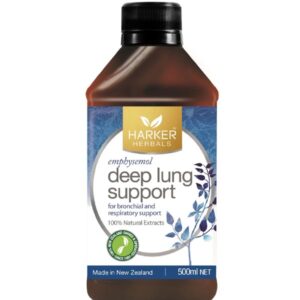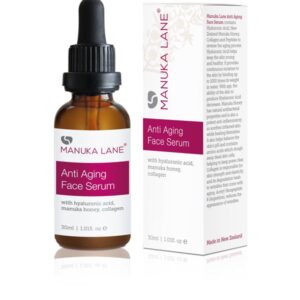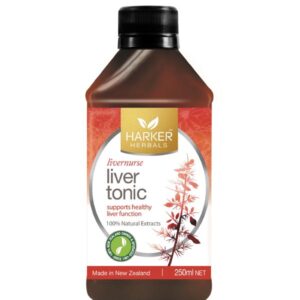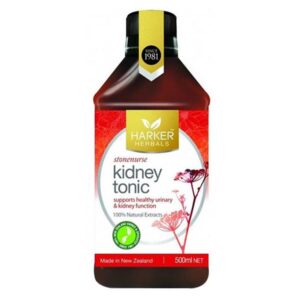
Heart disease and heart attacks are typically associated with older men. However, heart disease is the leading cause of death globally for both men and women, taking an estimated 17.9 million lives annually.1 Women experience heart disease differently to men and many misinterpret the signs with deadly consequences. In this article we will look at the different symptoms of heart attacks in women, so you can recognise the signs.
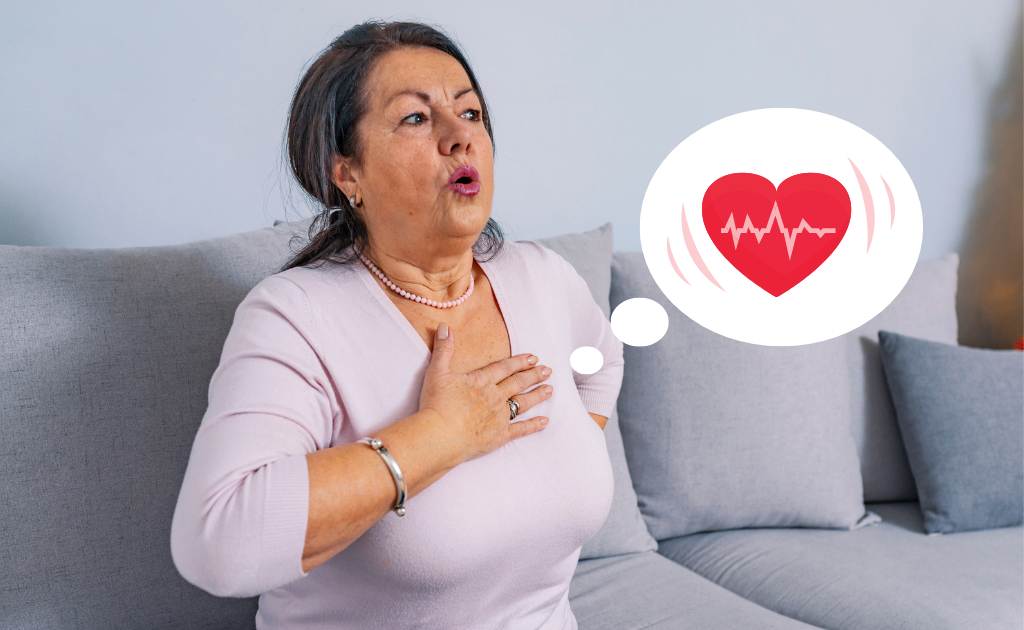
Heart disease is a term used to refer to conditions that affect the heart. Heart disease is sometime used in place of the term cardiovascular disease (CVD). CVD refers to all diseases of the heart and circulatory system. Some common CVDs include coronary heart disease, atrial fibrillation, heart attack, congenital heart disease, and stroke. It is worth noting that while heart diseases are all CVDs, some CVDs are not heart diseases.
Heart disease is the cause of death for more than 55 New Zealand women every week. This means every year over 3,000 women die as a result of heart disease.2 But despite this, many women are unaware of the risks of heart disease, and how it presents differently in women than in men.
This means women often miss the symptoms of a heart attack, as they don’t believe it could happen to them and don’t understand the gender related symptoms.
The cliché of an elderly man clutching his chest has created a false expectation of what a heart attack may look like, especially for women. While chest pain is the most common sign of a heart attack in both men and women, some women may not experience it. Heart attack symptoms in women can be different to men and may also be more subtle.
Instead of chest pain women may experience feelings of tightness, pressure, squeezing or heart burn in the chest area.
Women are also more likely to experience symptoms unrelated to chest pain such as:
The symptoms of a heart attack can vary for each person. It is important to seek medical help immediately if you are experiencing some of these symptoms and suspect a heart attack. Call 111 immediately.
It’s important to understand the risk factors of heart attacks, especially for women who may be less likely to notice the symptoms of heart attacks. The risk factors for heart disease include:
Women also face risk factors related to reproductive health and pregnancy, this can include:
To reduce your risk of heart disease it is important to recognise risk factors and make lifestyle changes. This can include:

